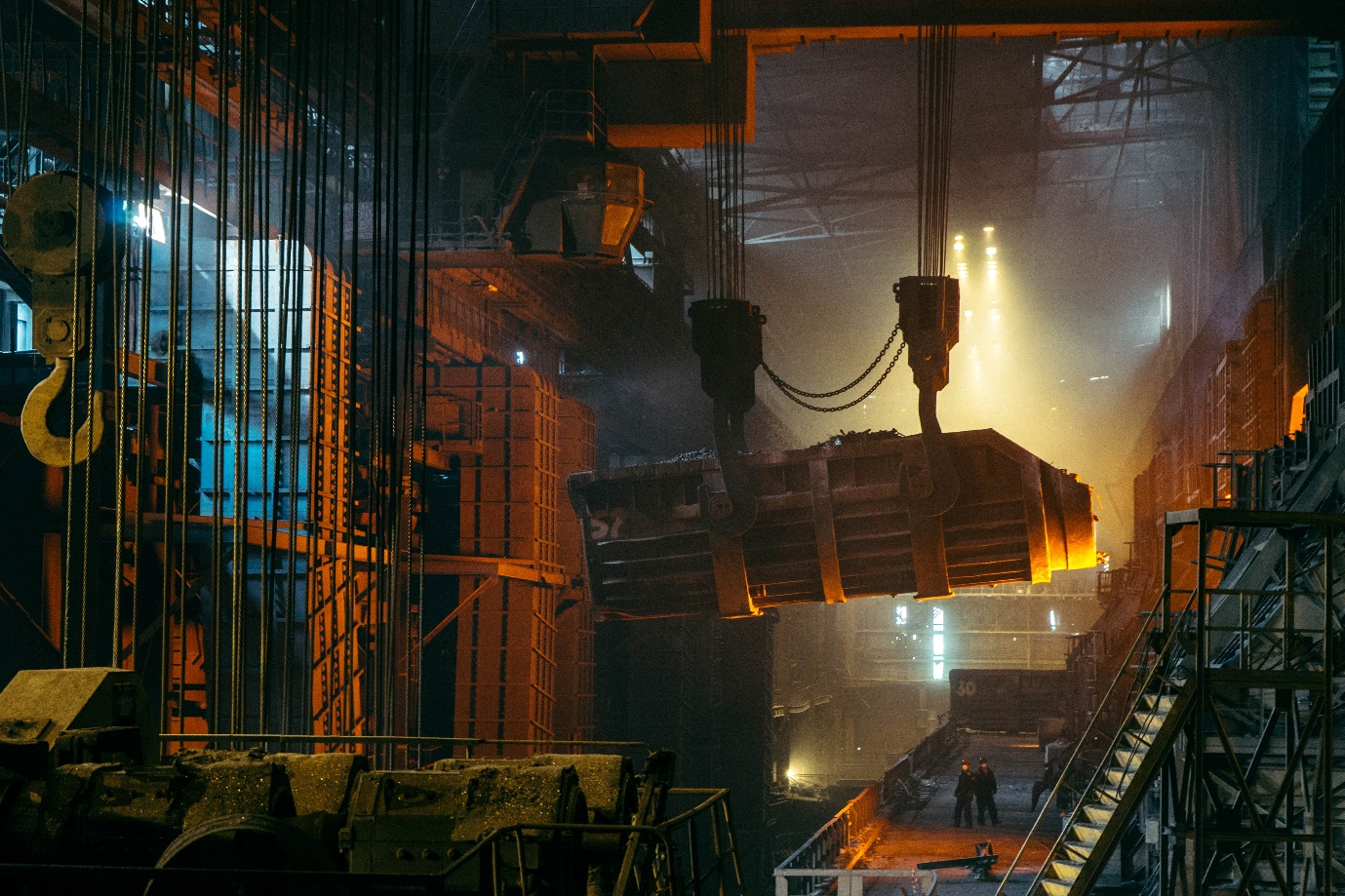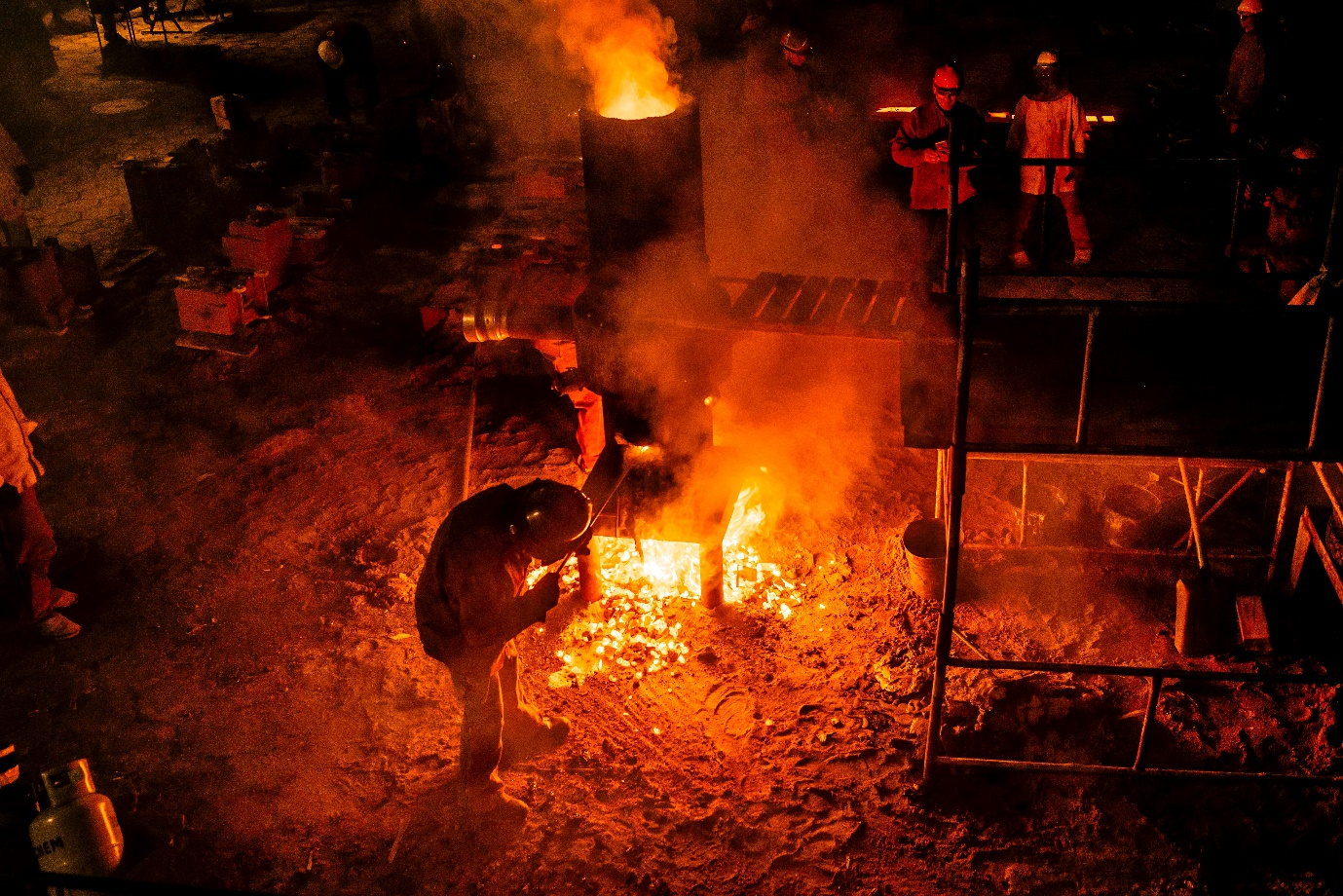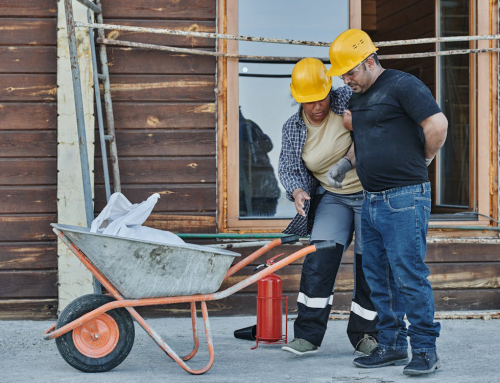Industrial fires and explosions can lead to devastating consequences, so taking the necessary steps to prevent them is paramount.
Unfortunately, industrial fires continue to occur regularly despite advances in technology and safety protocols. In this blog post, we’ll discuss preventing industrial fires and explosions.
Causes of Industrial Fires and Explosions
There are many potential causes of industrial fires and explosions. Some of the most common include:
Flammable Liquids and Gases
Flammable liquids and gases are common in many industries, and if they are not properly handled, they can easily lead to a fire or explosion.
Electrical Equipment
Electrical equipment is another major cause of industrial fires and explosions. Improperly maintained electrical equipment can easily spark a fire or cause an explosion.
Chemical Reactions
Chemical reactions can also cause industrial fires and explosions. If chemicals are not properly stored or handled, they can easily react with each other and cause a fire or explosion.
Ways to Prevent Fires and Explosions
There are many ways to prevent industrial fires and explosions. Some of the most important ways are to ensure that all flammable materials are properly stored and that all electrical equipment is in good working order.
Other important prevention measures include having a well-designed fire suppression system in place and conducting regular fire drills.
Regular Maintenance
Preventing industrial fires and explosions starts with regular maintenance. A build-up of dust, grease, or other combustible materials often causes these catastrophes. Regularly cleaning your factory, machinery, and equipment can help reduce the risk of fire or explosion.
In addition to regular cleaning, it’s important to inspect your facility for potential fire hazards. Pay close attention to electrical wiring and any areas where flammable liquids are used or stored. Regularly test your fire extinguishers and make sure they are properly maintained.
Taking these precautions can help prevent industrial fires and explosions before they happen.
Conduct a Hazard Analysis
There are many ways for preventing industrial fires and explosions. One way is to conduct a hazard analysis. This involves looking at all the potential hazards in your workplace and taking steps to control or reduce them.
Some factors to consider when conducting a hazard analysis include the following:
- What materials are present that could burn or explode?
- What are the ignition sources in the area?
- What is the ventilation like?
- Are there any fire protection systems in place?
Once you have identified all the potential hazards, you can take steps to control them. This may involve changing processes or using different materials. It may also mean increasing ventilation or installing fire protection systems.
Train Employees in Fire Safety
Fire safety is a critical part of any workplace safety plan. You can train employees with Metro Safety’s help. Here are some tips for training employees in fire safety:
- Teach employees about the dangers of fire. Employees should know the potential consequences of a fire, such as injuries, death, and property damage.
- Show employees how to use fire extinguishers. All employees should know how to use a fire extinguisher properly. They should also know when it is safe to use an extinguisher and when it is not.
- Conduct regular fire drills. Fire drills are a great way to practice what to do in the event of a fire. Ensure all employees know where the exits are and how to evacuate safely.
- Review your company’s fire safety procedures regularly. Employees should be familiar with your company’s procedures for preventing and responding to fires. Be sure to review these procedures regularly so everyone is up-to-date on the latest information.
Establish a Fire Prevention Plan and Emergency Procedures
Having a fire prevention plan and emergency procedures in place in any industrial setting is important. By taking some simple steps, you will be preventing industrial fires and explosions.
Ensure all potential ignition sources are identified and controlled. This includes electrical equipment, naked flames, smoking materials, and hot work such as welding.
Ensure flammable materials that are stored safely away from potential ignition sources. This includes keeping them in closed containers and away from heat sources.
Have a regular maintenance schedule for all equipment and machinery to help prevent fires from starting. Make sure to clean up any oil or grease spills immediately.
Have an evacuation plan in place so everyone knows what to do in the event of a fire or explosion. Practice drills regularly so that everyone is familiar with the procedures.
Ensure that you have adequate fire-fighting equipment on site and that it is regularly serviced. In the event of a fire, raise the alarm immediately and call the Fire Brigade. Do not try to fight the fire yourself unless it is small and contained – evacuate immediately if it is not safe to stay put.
Create a Designated Smoking Area
If your business uses combustible materials or deals with flammable liquids, it’s important to have a plan to prevent fires and explosions.
One way to do this is to create a designated smoking area for employees and visitors. This will help to keep potential ignition sources away from areas where they could cause a fire or explosion.
When creating a designated smoking area, there are a few things to remember:
- The area should be well-ventilated. This will help to dissipate any smoke that might accumulate and reduce the risk of ignition.
- The area should be equipped with fire extinguishers and other fire safety equipment. This will help ensure that if a fire starts, it can be extinguished.
- The area should be marked and posted with signs indicating that smoking is only allowed in that area.
By following these tips, you can help to prevent industrial fires and explosions at your business.
Conclusion
Industrial fires and explosions can result in devastating consequences for people and businesses. Following these tips can better protect your employees, customers, and assets from the destructive power of industrial fires and explosions.
Regularly inspect equipment to ensure it is functioning properly, practice fire safety drills with staff, implement effective maintenance procedures for hazardous materials storage areas, and in case of an emergency, ensure your employees have first aid training.
Keep combustible items away from potential ignition sources—these are just a few steps for preventing industrial fires and explosions. Taking the time to plan will pay off in the long run with greater safety and security measures put into place.







